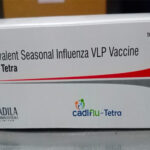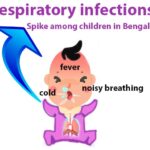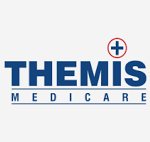Advancement in respiratory diagnosis vital for patients Need to identify whether a respiratory pathogen is viral, bacterial, or fungal?
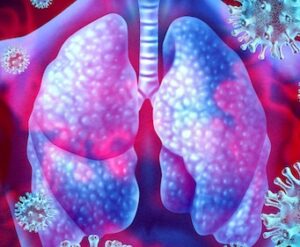

Respiratory diseases in a human body range in its severity from mild common colds to pneumonia. Commonly, patients get a virus first, weakening their immune system and making them susceptible to bacterial infections like pneumonia.
According to the World Health Organization (WHO), seasonal influenza alone results in three to five million cases of severe illness, killing about 290,000 to 650,000 people globally each year. In India, to date, the testing measures are confined to symptomatic individuals and contact tracing leading to a surge for efficient and precise diagnostic kits. Amidst the preventive chaos, there is a pressing need for a more precise risk-assessment methodology to help triage COVID-19 patients.
Most respiratory disease tests being carried out are one-size-fit-all. Often this leads to inaccuracy in results, making it difficult for doctors to prescribe for the most effective treatment plan. This poses a serious threat especially for children, senior citizens, adults, the immuno-compromised, and the chronically ill. This deceiving prescription leads to the intake of improper antibiotics and prolongs the patient’s sickness. It increases healthcare costs and contributes to the growth of global antibiotic resistance.
Respiratory disease detection kits with quantitative polymerase chain reaction (qPCR) syndromic panels help detect the root cause of respiratory diseases. The qPCR-based technique is used to detect, identify, and quantify certain characteristics in the DNA that may be present in the sample. The syndromic panels test, used for multiple elements can identify whether a respiratory pathogen is viral, bacterial, or fungal, as well as to detect the presence of multidrug resistance genes (MDRGs) that may limit the effectiveness of certain antibiotics.
Biomarker assays can provide an early indication of drug efficacy. An assay is an investigative procedure in laboratory medicine, widely used to assess the risk of bacterial co-infection. The pre emptive utilization of BRAHMS PCT biomarker helps identify patients at high risk for bacterial infection alongside the presence of the COVID-19 virus. Early diagnosis of sepsis helps provide accuracy in treatment and mitigate fatal complications.
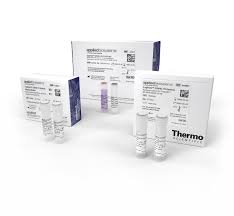

COVID-19 RNA control kit helps validate the performance of molecular tests for detecting COVID-19. With the COVID-19 outbreak becoming a health emergency that has ravaged the globe, healthcare companies are actively engaged in working to develop new and innovative solutions to mass-produce precise testing kits and support healthcare ecosystems to be able to quickly and accurately respond to the outbreak.


Amit Chopra – Managing Director
India, and the Middle East.



